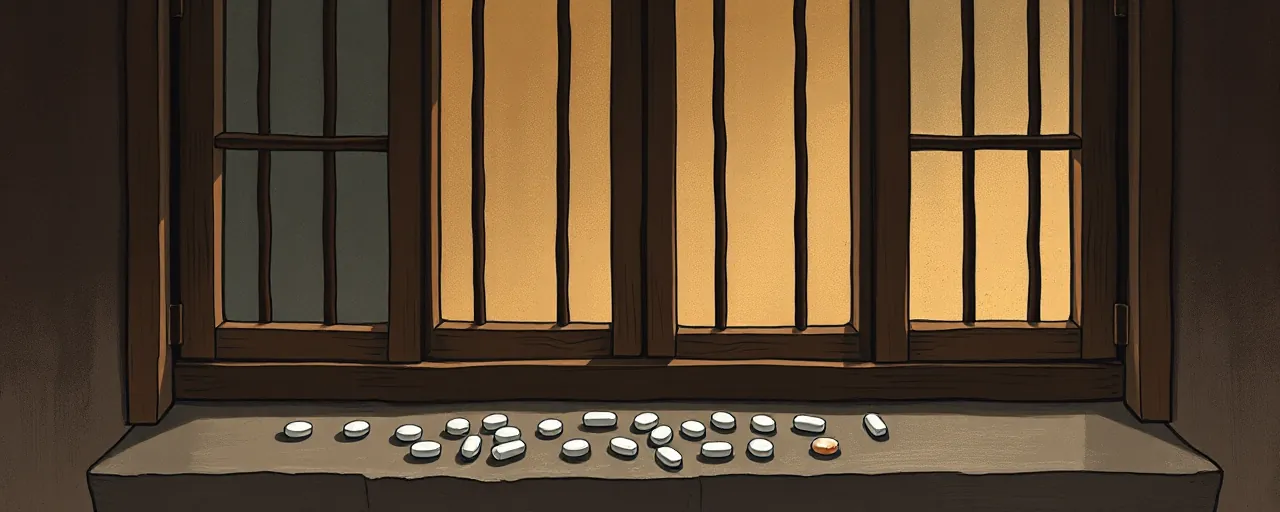A Guilty Plea, A Wake-Up Call
Chris Ruediger, a 61-year-old from Pennsauken, New Jersey, learned the hard way that peddling poison doesn’t pay. Sentenced to 16 months in prison on April 8, 2025, for conspiring to distribute oxycodone, his case sends a loud message to anyone thinking they can profit off America’s opioid nightmare. Between November 2022 and March 2023, Ruediger bought prescription pills from one relative and sold them to another, moving between 100 and 400 kilograms of opioids by converted drug weight. It’s a family affair turned felony, and the Justice Department isn’t playing around.
This isn’t just about one guy in Jersey. It’s a glaring spotlight on a crisis that’s ripped through communities, leaving families broken and streets flooded with addiction. Ruediger even tried to dodge the law by leaning on a co-conspirator to clam up, but the FBI and the Criminal Division’s Fraud Section sniffed him out. His guilty plea last November was a win for accountability, a rare moment where justice didn’t just knock, it kicked the door down.
The DOJ’s Iron Fist
The Justice Department, under the steady hand of its Criminal Division, is swinging hard at the opioid epidemic. Matthew R. Galeotti, head of the division, alongside FBI Special Agent Wayne A. Jacobs, announced Ruediger’s sentence with a clear intent: drug pushers will pay. This isn’t some soft-on-crime slap on the wrist. It’s a calculated strike by a system fed up with seeing lives destroyed. The Health Care Fraud Strike Force, a powerhouse since 2007, has charged over 5,800 defendants nationwide, clawing back more than $30 billion from fraudsters who’ve exploited Medicare and private insurers.
Look at the numbers. Since 2018, the Fraud Section’s Appalachian Regional Prescription Opioid Strike Force alone has nailed over 90 defendants for pumping out 105 million opioid pills. That’s not a statistic, it’s a war tally. And it’s working. A nationwide takedown last year nabbed 345 crooks tied to $6 billion in fraud and 30 million doses of illegal opioids. This is what happens when law enforcement gets serious, using data analytics and boots-on-the-ground grit to dismantle networks that thrive on misery.
Fraud and Addiction: A Deadly Duo
Oxycodone trafficking isn’t just a street-level hustle, it’s a cog in a bigger machine of health care fraud. Pill-mill doctors, shady pharmacists, and corporate suits have turned a public health crisis into a cash cow. Take the Tennessee physician locked up for 20 years after flooding the market with 10 million opioid pills and bilking insurers for $50 million. Or CVS Pharmacy, now squirming under allegations of filling bogus scripts. These aren’t isolated slip-ups, they’re a pattern of greed that the Health Care Fraud Strike Force is hell-bent on crushing.
Some bleeding hearts might cry that 16 months for Ruediger is too harsh for a guy moving pills between cousins. Nonsense. Sentences for opioid crimes reflect their body count, averaging 52 months for trafficking alone, and spiking to 149 months when overdoses turn fatal. This isn’t punishment for punishment’s sake, it’s a lifeline to communities drowning in addiction. The alternative, letting these dealers off easy, just pours fuel on a fire that’s already claimed too many.
A Fight Worth Winning
The opioid crisis didn’t sneak up on us, it hit like a freight train. Back in the early 2000s, pill mills and overprescribing kicked off a tidal wave of addiction that law enforcement’s been battling ever since. Operations like 'Trick or Treat' exposed trafficking rings moving millions of oxycodone pills across state lines, while the DEA and HIDTA Task Forces have seized enough pills and cash to fill a vault. History shows us this fight isn’t new, but the resolve to win it is sharper than ever.
The Criminal Division’s Fraud Section isn’t just chasing small fry like Ruediger. They’ve taken down nine pharma execs who dumped 70 million opioid pills worth $1.3 billion onto the black market. That’s the kind of muscle we need, not hand-wringing or half-measures from policymakers who’d rather coddle criminals than protect taxpayers. Every conviction chips away at a system that’s preyed on the vulnerable for too long.
No Mercy for the Guilty
Ruediger’s 16 months behind bars is a start, not a finish line. The Justice Department’s message is crystal clear: if you’re dealing opioids or gaming the health care system, they’re coming for you. This isn’t about rehabilitation fairy tales, it’s about consequences. Taxpayers footing the bill for Medicare and Medicaid deserve nothing less than a government that hunts down every last fraudster and drug pusher. The Fraud Strike Force’s track record, recovering billions and locking up thousands, proves this approach delivers.
America’s had enough of watching its neighborhoods turn into open-air drug markets. The DOJ’s crackdown, backed by the FBI and DEA, is a lifeline to regular people who just want their streets back. Ruediger’s sentence isn’t the end, it’s a warning shot. Keep pushing pills, and you’ll find out quick that justice doesn’t blink. That’s the kind of resolve that’ll pull us out of this mess, one conviction at a time.
